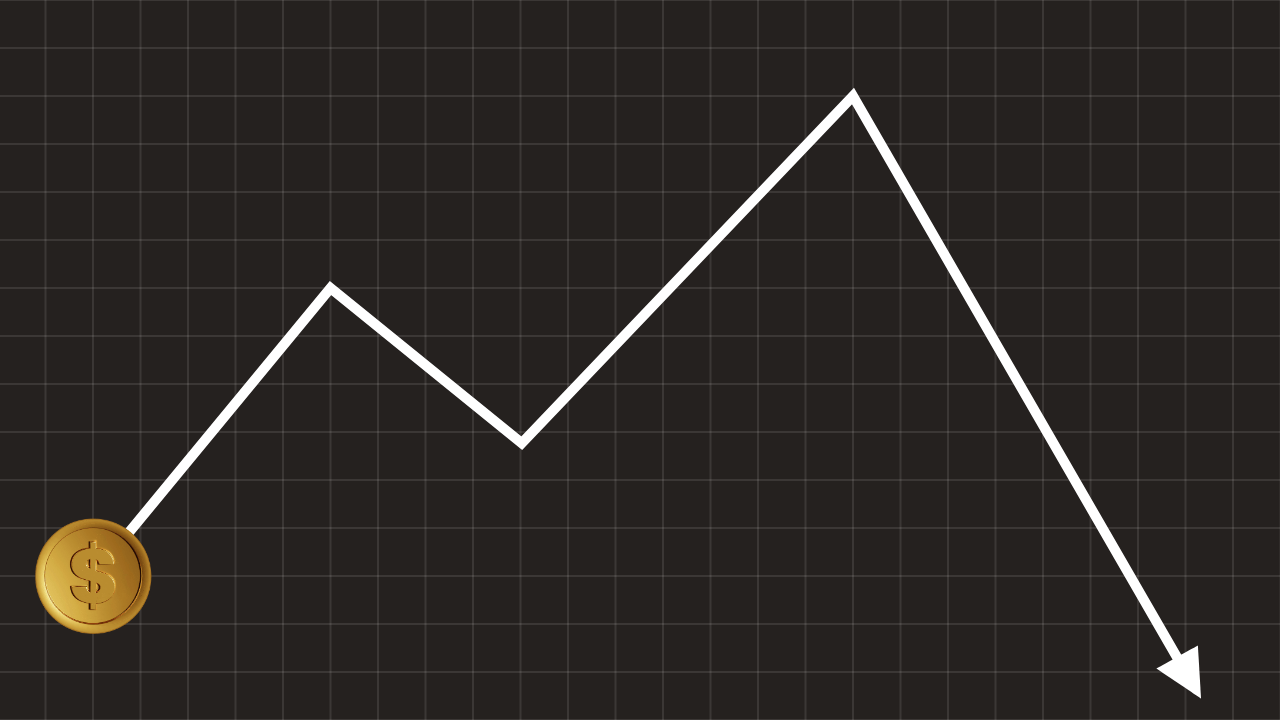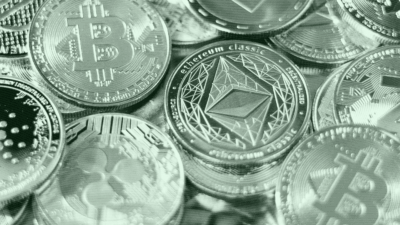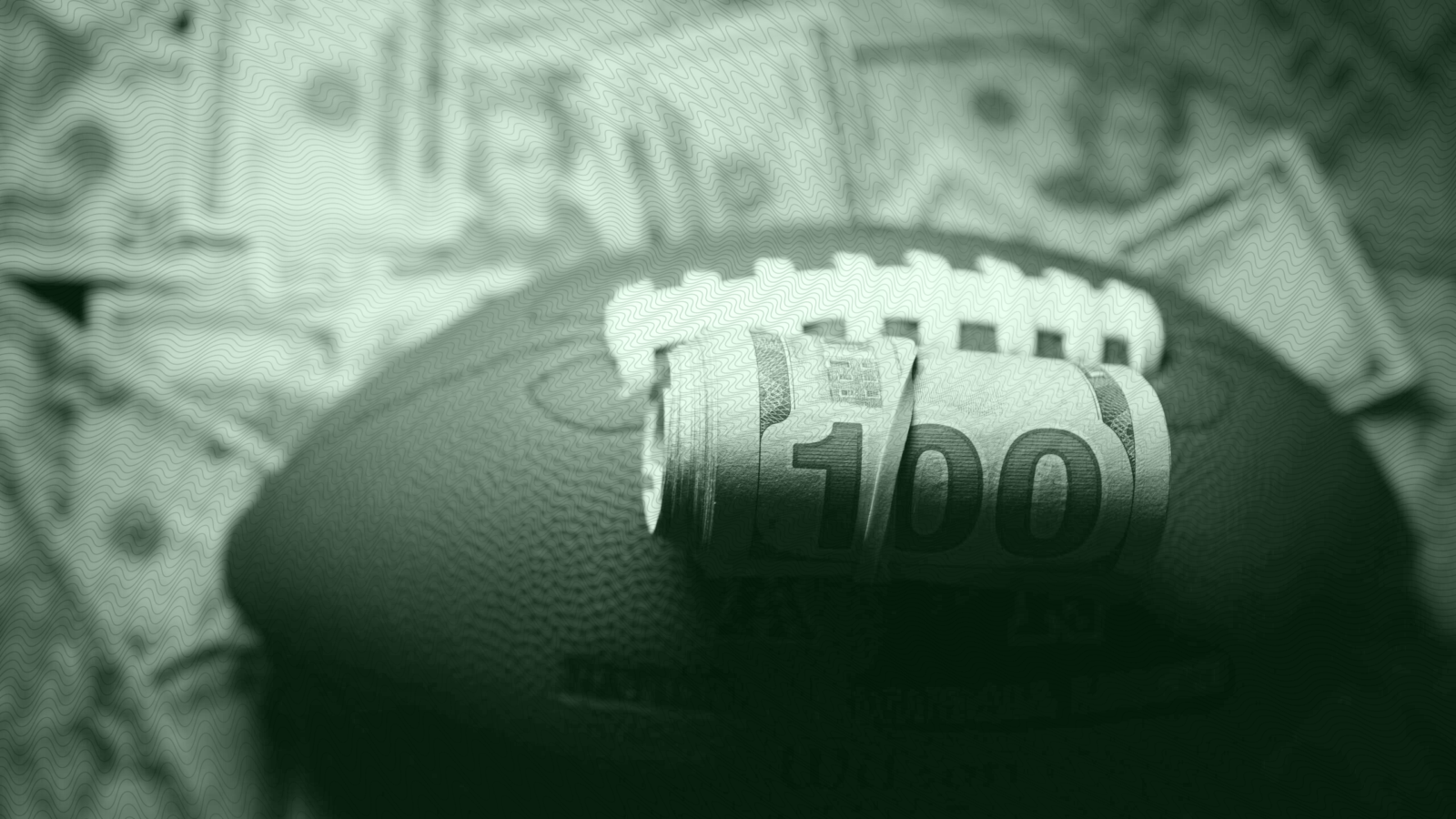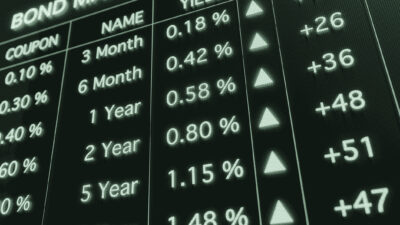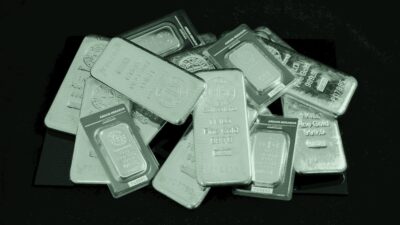Defense ETFs Surge Amid Wartime Buildups
ETFs targeting the sector are riding high this year due to sustained conflicts in Europe and the Middle East.

Sign up for market insights, wealth management practice essentials and industry updates.
War, what is it good for? Well, for one thing, these exchange-traded funds.
Defense ETFs are surging this year, boosted by ongoing conflicts in Europe and the Middle East. Many are outperforming the broader market, with some pulling in more than $1 billion in inflows. Sector-specific ETFs are tricky beasts, though. Lacking broad exposure, they can often depend on market timing — a big no-no for advisors. But hey, a broken clock is still right twice a day.
“Security and defense ETFs have been highly successful in 2025,” said Bryan Armour, director of ETF & passive strategies research at Morningstar. “Geopolitical tensions and European rearmament have driven returns higher.”
Take Up Arms
Wars and conflict may not be ideal on a human level, but they often become boons for certain sectors and businesses. The war in Ukraine, now in its third year, and increasing fears of Russian aggression have led NATO to boost defense spending targets to 5% of GDP for member nations by 2035. France plans to raise its military budget to $74.8 billion by 2027.
As countries rearm, investors are pouring money into funds focused on the businesses behind the buildup. “These strategies are no longer niche,” said Gavin Filmore, chief revenue officer at Tidal Financial. “They’re being recognized as core allocations amid rising geopolitical tensions and global defense modernization. The flows are reflecting that urgency.”
Some of the top funds include:
- The Global X Defense Tech ETF (SHLD) is the standout defense fund, up more than 60% this year. As of the end of June, it had taken in roughly $1.65 billion in inflows, according to Morningstar Direct.
- The Themes Transatlantic Defense ETF (NATO) is up more than 40% this year, and took in about $33 million inflows in that time.
Stratego. Despite strong returns and investor enthusiasm for defense ETFs, Armour said advisors should always consider the potential drawbacks, such as higher fees and concentration. “Investing in a defense ETF makes sense based on the geopolitical changes of the past few months,” he told Advisor Upside. “But that information is already priced in by now, so is it still a good time to buy?”
